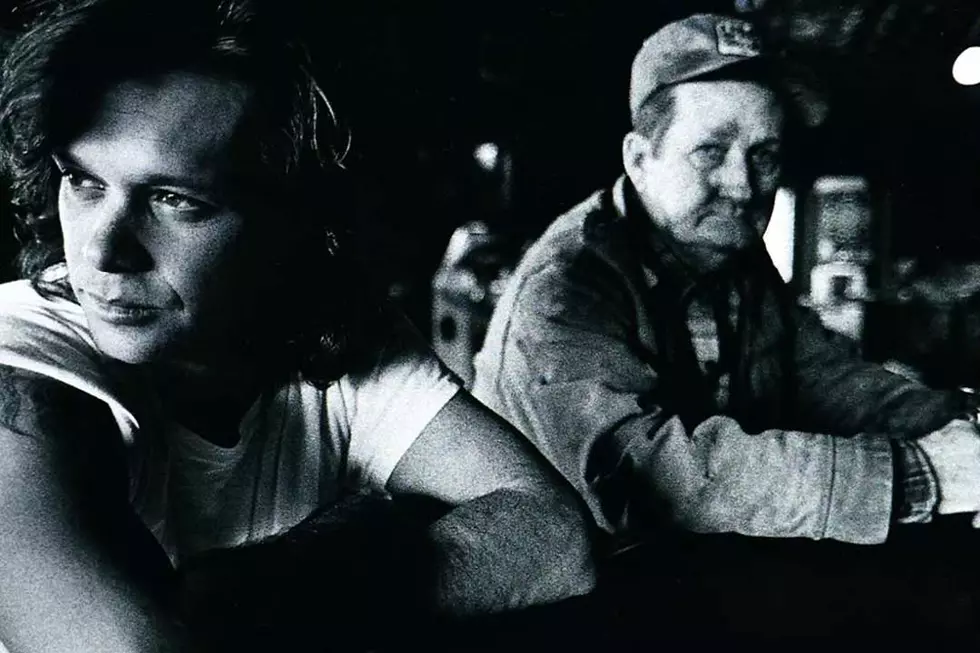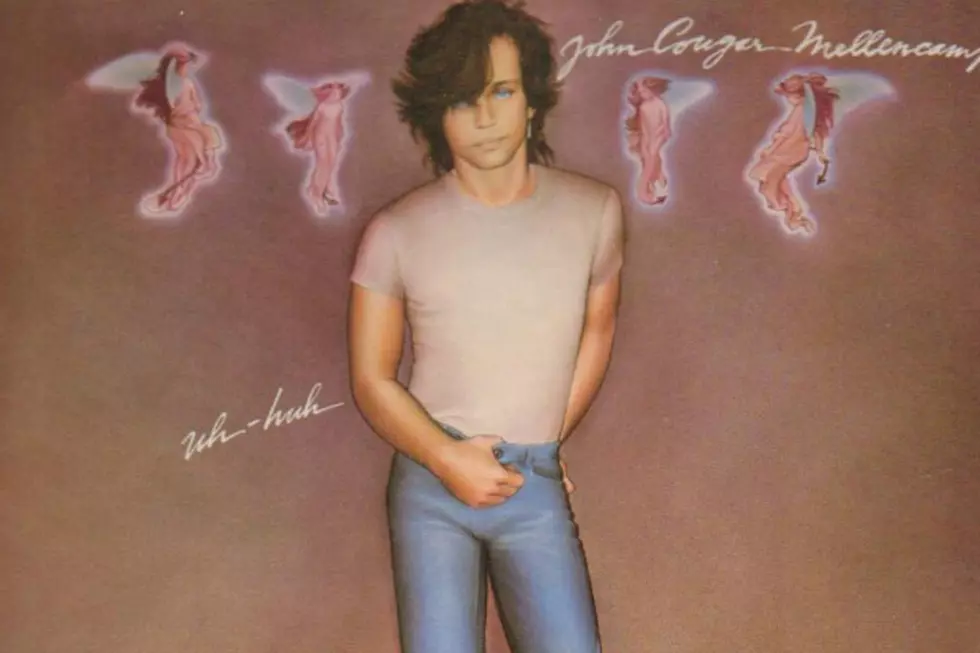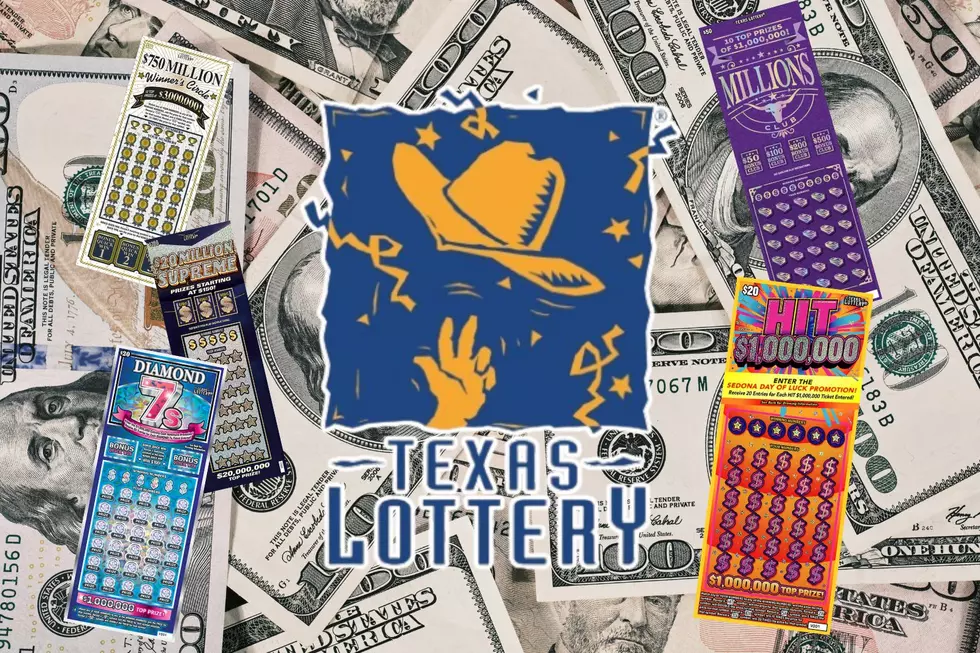
How ‘Lonesome Jubilee’ Became John Mellencamp’s Most Focused LP
John Mellencamp performed at an unusual venue in June 1986: the Senate Subcommittee on Agricultural Production and Stabilization of Prices. Still using the "Cougar" moniker an early manager saddled him with, Mellencamp had recently wrapped up touring behind the blockbuster album Scarecrow, a smart, clear-eyed look at an America he felt alienated from.
“With Scarecrow, I was finally starting to find my feet as a songwriter,” Mellencamp wrote in a 2016 Rock and Roll Hall of Fame exhibit. “For the first time, I realized what I thought I wanted to say in song. … I wanted it to be more akin to Tennessee Williams, John Steinbeck, Faulkner, as opposed to the Rolling Stones or Bob Dylan.”
With the simple, Steinbeckian tunes of Scarecrow fresh in his mind, Mellencamp came to Washington, D.C., with fellow Farm Aid activist Willie Nelson to testify in support of the Family Farm bill sponsored by Democrat senator Tom Harkin from Iowa. In a few short years, Mellencamp went from singing “When I fight authority, authority always wins” to facing the nation’s mightiest authority.
“In Seymour, Ind., the town I grew up in, there used to be a John Deere dealership. It is no longer there,” he told the Senate committee. “When I am out on tour and I am talking to people, they are afraid. Their vision of the future is, ‘What is going to happen to my children in 20 years when, all of a sudden, three farmers are farming the state of Indiana and they also own all the food-processing plants?’”
“It seems funny and peculiar,” Mellencamp added as the opposition against Harkin’s bill began to file out of the room. “After my shows and after Willie’s shows, people come up to us for advice. It is because they have got nobody to turn to.”
Most of Scarecrow mined deeply personal stories – “Rain on the Scarecrow,” “Small Town,” “Minutes to Memories.” But his work with Nelson and Farm Aid, and his growing connection to the national consciousness, turned his eye from personal to public pain as he penned songs for the follow-up album, The Lonesome Jubilee.
Delivered on Aug. 24, 1987, a year after his Senate testimony, The Lonesome Jubilee became another Mellencamp blockbuster. It went triple platinum and spun out two Top 10 hits in “Paper in Fire” and “Cherry Bomb.” But today fans remember the album not as a pair of hits surrounded by album cuts, but as the singer’s most unified thematic and sonic vision.
Watch John Mellencamp's 'Paper In Fire' Video
Lyrically, The Lonesome Jubilee took on unemployment, poverty, homelessness, xenophobia, racism and the heavy burden of disillusionment Mellencamp saw weighing down his generation. The pain and contemplation show right there in the song titles: “We Are the People,” “Empty Hands,” “The Real Life,” “Down and Out in Paradise,” “Hard Times for an Honest Man.”
The album’s thesis statement came together in the lyrics of the opening track “Paper in Fire”: “There is a good life right across this green field/And each generation stares at it from afar/But we keep no check on our appetites/So the green fields turn to brown like paper in fire.”
The song burns with an intense energy while stinking of ache and angst. Even the famously cantankerous Mellencamp admitted it was an achievement. “After Scarecrow, the critics all kinda went, ‘Whoa, now we gotta pay attention to this guy,’” he told Rolling Stone in 2013. “I think ‘Paper in Fire’ is the ultimate John Mellencamp song. I wasn’t trying to be on the radio anymore. Radio was on my side. There wasn’t any Woody Guthrie influence. There wasn’t any Rolling Stones influence. There wasn’t a Bob Dylan influence. I made the decision, much to everyone’s dismay, to use violins and accordions, and incorporate an Appalachian sound of original country. I tried to figure out how to make that work in rock ‘n’ roll.”
Despite the themes, the album isn’t a sermon. Mellencamp’s words don’t come with solutions, or even wisdom. Instead, they just chronicle the mess and occasional but sustaining joys of life. While a big chunk of the album has the singer using his voice to speak for others -- parents struggling to feed their families; a fourth grader who spits out “I don't like the Russians ’cause I hear they hate me” -- but between the not-so-beautiful losers Mellencamp inserts his own stories. “Cherry Bomb” may be the most personal song he’s ever written.
“The Lonesome Jubilee, like Scarecrow and the rest of my best stuff, is about me and my family tree grappling against both the world and our own inner goddamned whirlwind,” Mellencamp told The New York Times in a 1987 interview. “A lot of the time I write in the third person, but I'm mostly describing my own ordeals. When those unsettled struggles prey on your mind, you become haunted. To get free, you must defeat your ghosts.”
The words and melodies of The Lonesome Jubilee wouldn’t have their distinct force without the instrumentation. Unlike the straight rock of his past work, Mellencamp infused the new songs with Celtic and Appalachian folk instruments. From bluegrass and country he pulled fiddles, mandolins, banjos and Dobros. But he also included odder tones: hammer dulcimer, penny whistle, accordion, autoharp.
Watch John Mellencamp's 'Cherry Bomb' Video
“With John's music, you work on the emotional essentials,” longtime guitarist Larry Crane told the Times. “He always insists on an authentic band sound when he’s recording, which has become unusual in this time of endless studio gadgetry. He's also not willing to sacrifice that band feel for the sake of an idea, or vice versa, so he makes it our responsibility to keep up.”
For the album, Crane taught himself lap steel guitar. Fellow guitarist Mike Wanchic took on the Dobro. Drummer Kenny Aronoff was asked to add hammered dulcimer to his bag of tricks. "It doesn’t seem such a radical departure for us, this new instrumentation,” Wanchic told an MTV in 1987. “It’s a very logical progression for us.”
Mellencamp, who agrees with his guitarist, has always tried to downplay the move. "For me, it was the most natural thing in the world,” he told Salon. But his choices set him apart from his peers. With Bruce Springsteen, Tom Petty and Bob Seger leaning on synthesizers and glossy production for mid-’80s releases, Mellencamp’s rejection of emerging technology, his investigation of old instruments while focusing on modern America, made for an unequaled addition to the rock ‘n’ roll canon.
Mellencamp added an epigraph to the jacket of the album: “Generations come and go but it makes no difference. … Everything is unutterably weary and tiresome. No matter how much we see, we are never satisfied."
They could be Mellencamp lyrics, they could be a lost verse from “Paper in Fire.” Instead they come from the Book of Ecclesiastes. The characters in The Lonesome Jubilee are certainly searching for salvation, salvation from an uncaring government, the boot heel of capitalism, a nation’s legacy of discrimination. But many of them just need to be protected from their own hungers.
The Bible quote grinds against Mellencamp’s flicker of optimism about generational change and salvation. On “Check It Out” he sings, “A million young poets screamin' out their words, mybe someday those words will be heard by future generations ridin’ on the highways that we built. Maybe they'll have a better understanding; I hope they’ll have a better understanding.” Mellencamp spends The Lonesome Jubilee trying to find a little hope in face of inertia. He never seems to find enough faith in the future, but there’s so much joy listening to him try.
Forgotten First Albums: Rock's 61 Most Overshadowed Debuts
More From KKTX FM










